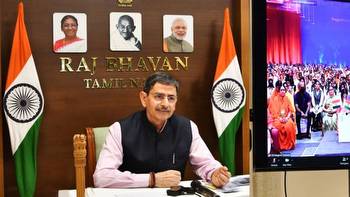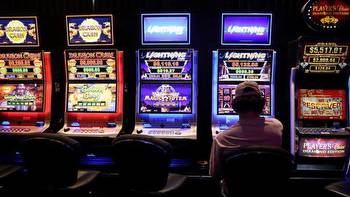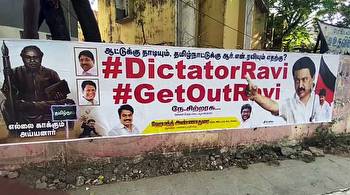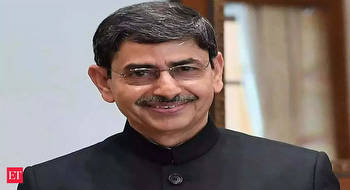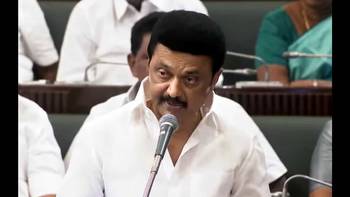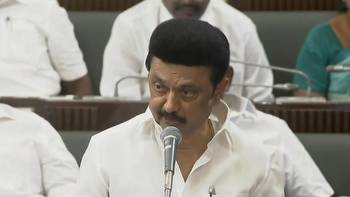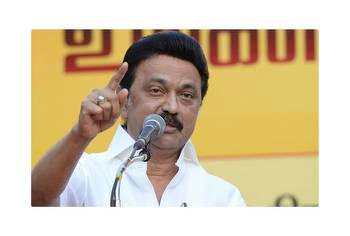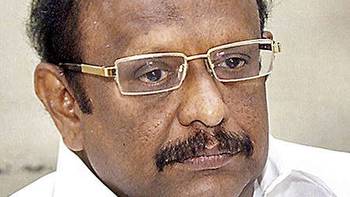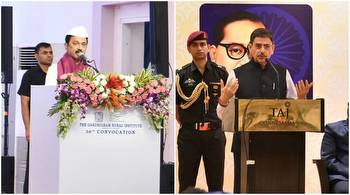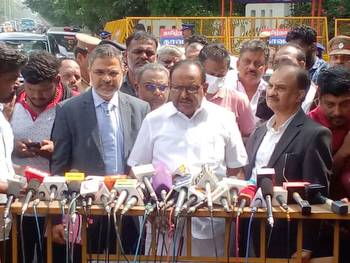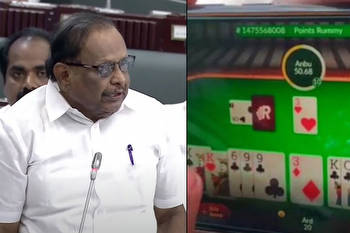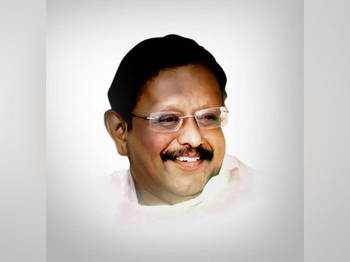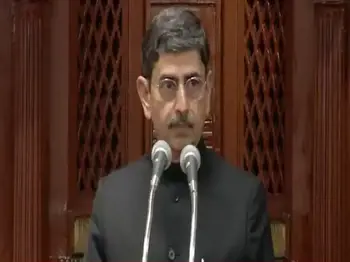Fighting the menace of online gambling

Tamil Nadu Governor R.N. Ravi has chosen to remain silent on the fate of the Tamil Nadu Prohibition of Online Gambling and Regulation of Online Games Bill even four weeks after the Ordinance on the same subject lapsed. There are several pieces of legislation awaiting the Governor’s clearance, but the Bill in question is different from the rest. An ordinance to prohibit online gambling and regulate online games in Tamil Nadu was promulgated on October 1 by Mr. Ravi. On October 19, the State Assembly adopted the Bill and sent it to the Governor for consent.
All parties in the State support the ban on online gambling. The AIADMK’s interim general secretary, Edappadi K. Palaniswami, who met the Governor a month ago to give a memorandum against the State government, favoured the legislation. His party, while in power, had also passed a law against online games, but the law was quashed by the Madras High Court in August 2021 as being “excessive and disproportionate” to the object sought to be achieved. BJP State unit president K. Annamalai too was firm that online gambling should be banned. Pattali Makkal Katchi president Anbumani Ramadoss even suggested that the DMK regime issue an executive order under Article 162 of the Constitution to prohibit online gambling.
Meanwhile, deaths by suicide attributed to online gambling continue to take place in Tamil Nadu. As per an official estimate, in the last one and a half years, 32 persons died by suicide and there was one case of murder. The State government says the deaths can be attributed to online gaming and there are no deaths by suicide on account of offline gaming.
Neither the Governor nor his office has commented publicly on the Bill. Mr. Ravi met both Law Minister S. Regupathy and representatives of the E-gaming Federation and heard their views in the first week of December. According to the industry, he did not give any assurance or commit to a follow-up meeting. The representatives explained to him that the Bill sought to ban rummy and poker, both of which are ‘games of skill’, and this was unconstitutional. Mr. Ravi told Mr. Regupathy that the Bill was still under consideration and that he would give his assent once his doubts were cleared.
As the government continues to wait, reports say there is a spike in messages or advertisements on mobile phones, tempting people to take to online gambling. Some link this to the lapse of the ordinance on November 27.
While the Bill is pending with the Governor, there are other legal provisions that can be invoked to protect people from falling prey to misleading advertisements. M. Somasundaram, a consumer activist, contends that the matter can be taken to the Central Consumer Protection Authority (CCPA), which notified six months ago guidelines regarding the prevention of false or misleading advertisements and making endorsements.
Though the norms have been issued, keeping in mind the sensitivity and vulnerability of children to advertisements, an aggrieved person can approach the CCPA if he or she regards any advertisement on online games as misleading. After all, the guidelines aim to protect consumers’ interest by bringing in more transparency and clarity in the way advertisements are published. For violation of the guidelines, the CCPA has been empowered to impose penalties.
According to Section 21 of the Consumer Protection Act, the CCPA can impose a penalty of up to ₹10 lakh on manufacturers, advertisers and endorsers for any misleading advertisement. For further contraventions, the penalty can go up to ₹50 lakh. Also, the endorser can be prohibited from making any endorsement for up to one year. For subsequent violations, the ban can extend up to three years.
Besides, as online games can be regarded as falling within the definition of e-commerce, the activist says the law authorises the Central government to take measures to prevent unfair trade practices in e-commerce and protect the interests and rights of consumers. Also, the authorities can launch a drive to sensitise people on the availability of various legal options as the idea is to end the menace of online gambling.
Assistance for overcoming suicidal thoughts is available on the State’s health helpline 104, Tele-MANAS 14416, and Sneha’s Suicide Prevention Helpline 044-24640050








